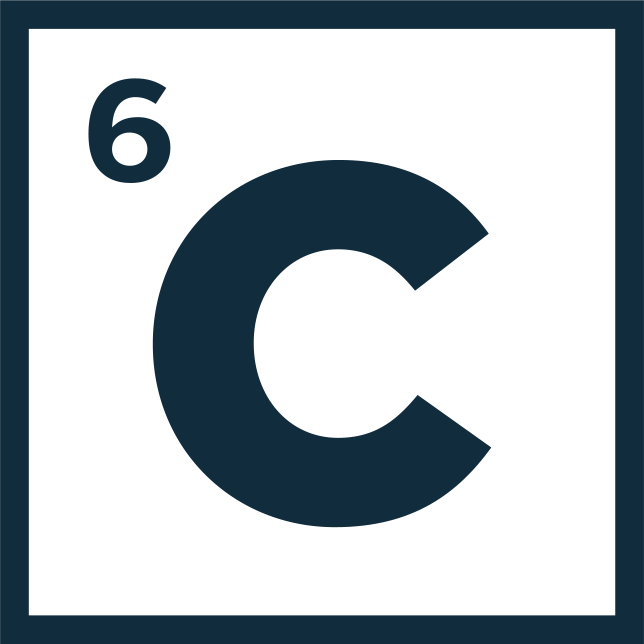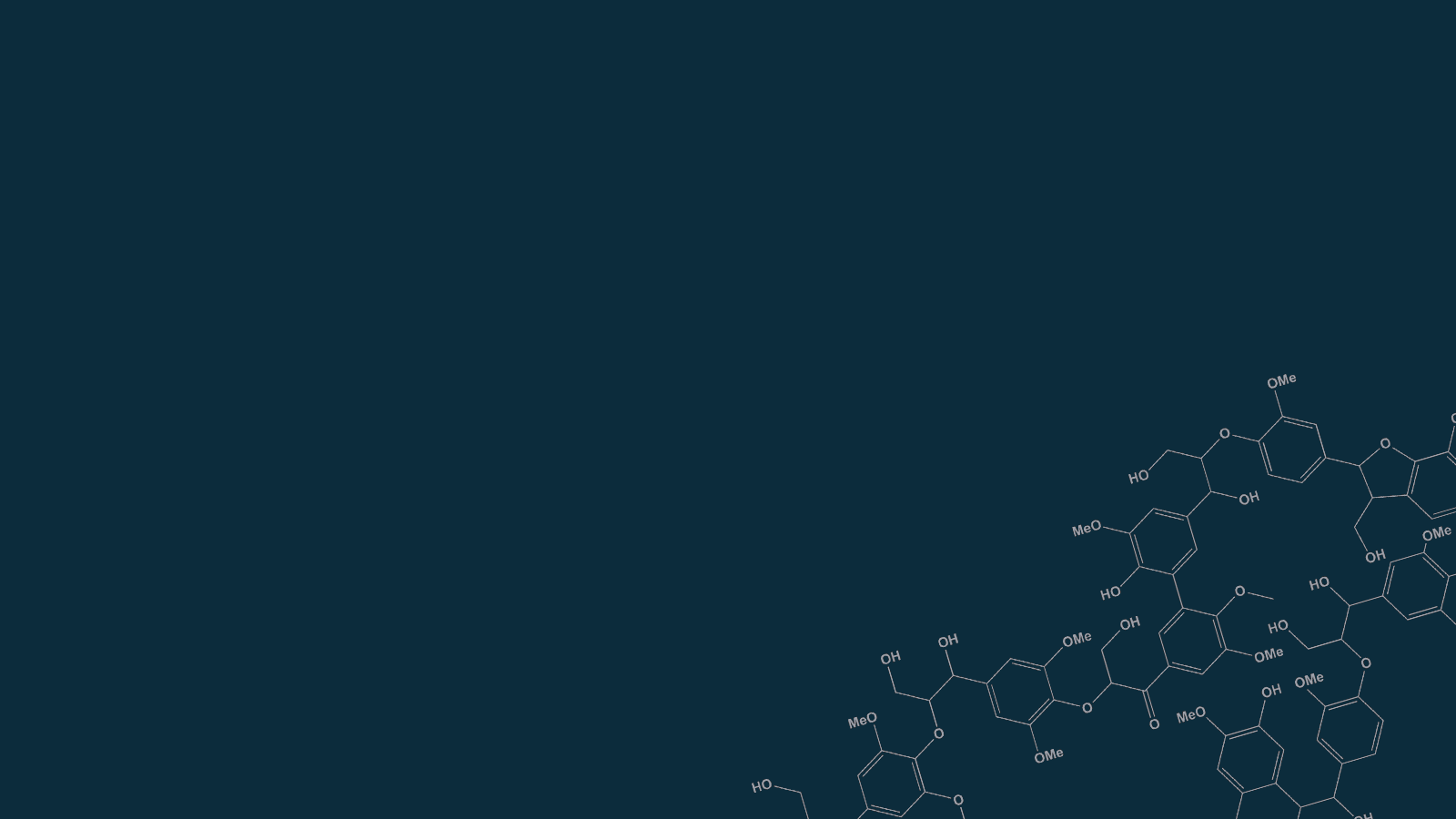In the early hours December 13 in Madrid, a new draft text was produced by the COP25 Presidency, containing a number of potential “landing zones.” These draft paragraphs in a document (known in the climate diplomacy circles as 1/CP.25) are the likely areas of legal convergence countries are debating as they work to wrap up the Blue COP.
READ MOREArchives for December 2019
First Draft of Text on Ocean-Climate Nexus Released at COP25
The first draft text on oceans and climate has been circulated at COP25 in Madrid.
As COP25 enters its final week, momentum is building among parties for a strong policy outcome from the first Blue COP. In our previous blog, we explained the context of the high-level ministerial process leading to introduction of text on oceans and climate.
READ MORECOP25 Climate Talks Begin Formal Coordination on Oceans
Negotiators at COP25 are poised to move on text to coordinate action on oceans.
As the 2019 annual UN climate change negotiations enter their second week, all eyes are on whether the ocean-climate nexus will become an official process under the United Nations Framework Convention on Climate Change (UNFCCC). For the past few years, a plethora research reports, civil society groups, state actors, and NGOs have called for more coordination and cooperation for oceans and climate change. The official UN climate change agendas for COP25 negotiations, however, have yet to address oceans. It seems that may finally be about to change.
READ MOREPre-Launch of the Collaborative Capacity Lab
At COP25, the Carbon Institute and partners announced the pre-launch of the Collaborative Capacity Lab.
On December 5, 2019 at the Indonesian Pavilion at COP25, the Carbon Institute announced the pre-launch of the Collaborative Capacity Lab, a new international partnership dedicated to building the global workforce needed to implement the Paris Agreement. The Collaborative Capacity Lab (CCL) is structured as a network of networks, scaling the Carbon Institute’s programs to serve RIFFEAC (Réseau des Institutions de Formation Forestière et Environnementale de l’Afrique Centrale), CATIE (el Centro Agronómico Tropical de Investigación y Enseñanza), RECOFTC (the Center for People and Forests), and USP (the University of the South Pacific).
READ MORE
